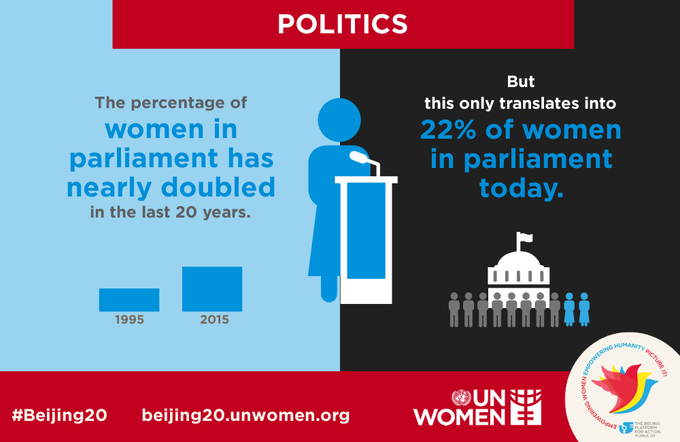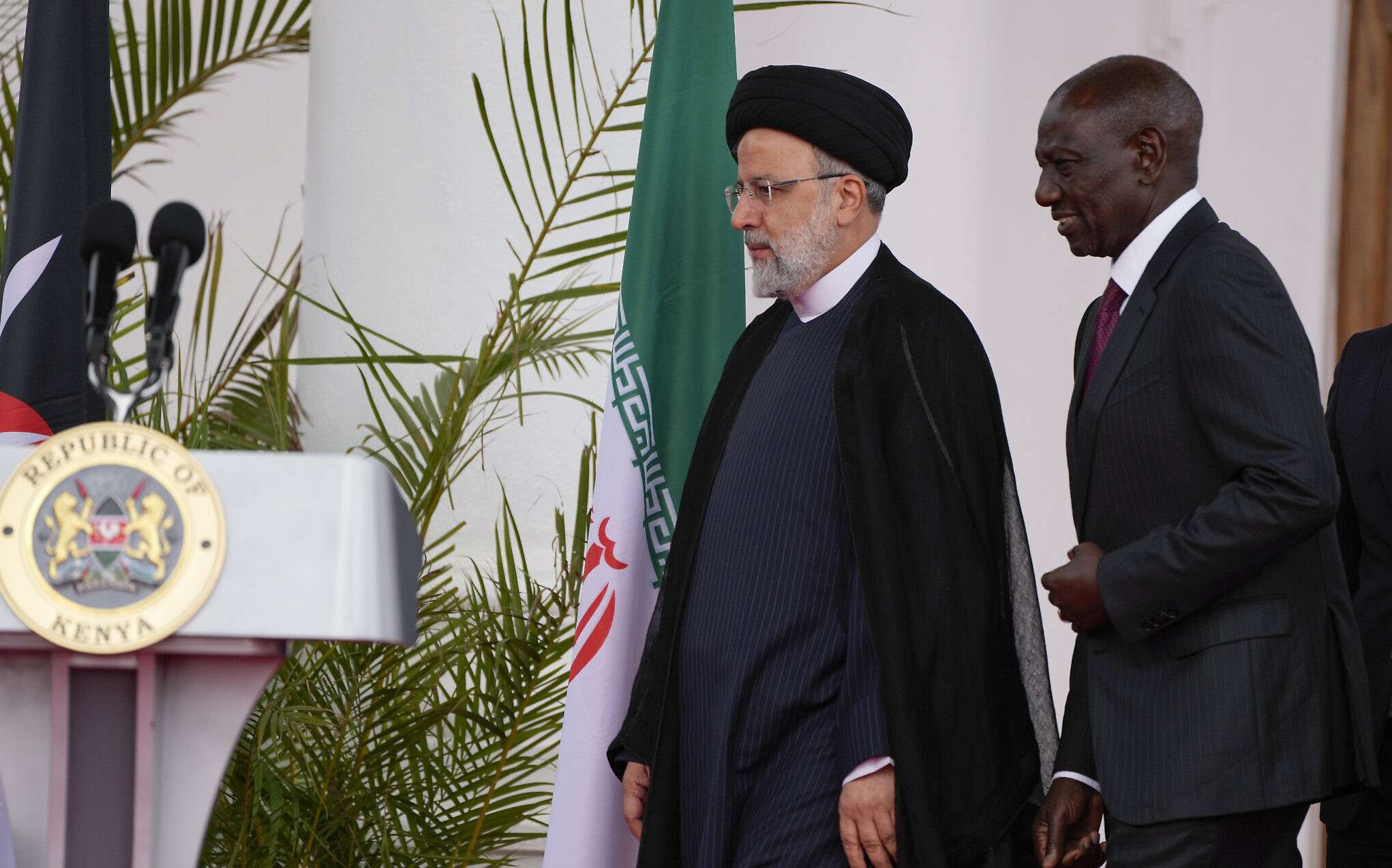The 21-year-old Agnes Wanjiru, who had a five-month-old baby at the time, was found dead in a septic tank at a hotel in Nanyuki, near a British Army training camp, in 2012. On the night she was killed, she had reportedly been at a bar with friends, where British soldiers were also present. In 2021, a Sunday Times investigation revealed that a British soldier had confessed to colleagues that he had killed Ms Wanjiru.
By TWV Team
The niece of a Kenyan woman allegedly murdered by a former British Army soldier over a decade ago is visiting the UK to meet the Defence Secretary and other MPs to push for the man’s extradition. Last month, a High Court in Kenya issued an arrest warrant for a British national accused of murdering Agnes Wanjiru, who had a five-month-old baby, in a market town in central Kenya, around 124 miles (200 km) north of Nairobi, in 2012.
The 21-year-old’s body was found in a septic tank at a hotel in Nanyuki, near a British Army training camp. On the night she was killed, she had reportedly been at a bar with friends where British soldiers were also present. Agnes’s niece, Esther Njoki, told the BBC she was visiting the UK to seek “the justice our family has been denied for 13 years.”
Speaking just before she landed in the UK last Sunday, Ms Njoki, 21, a communications student from Nairobi, said: “The UK has been too slow in acting. “Our whole family has experienced years of trauma, which has been made worse by the continued failure to act by the authorities – both Kenyan and British.”
Ms Wanjiru’s family has long accused the British Army of covering up her death and the Kenyan authorities of failing to properly investigate the case at the time. Ms Njoki said her aunt was a “poor Kenyan woman” and that “for a long time, people didn’t care.” However, her family, along with Kenyan rights groups and feminists, continued to push for justice, and in 2018, an inquest was opened into her death.
In 2019, the report concluded that Ms Wanjiru had been unlawfully killed by one or two British soldiers and that she had suffered stab wounds to the chest and abdomen.
Then, in 2021, a Sunday Times investigation reported that a British soldier had confessed to colleagues that he killed Ms Wanjiru. The soldier left the Army after the incident and reportedly continues to live in the UK.
In 2024, the Army announced it was launching an internal review into the conduct of British soldiers in Kenya, including in Nanyuki.
It found 35 suspected cases of soldiers having engaged in sexual exploitation and abuse, including transactional sex, with local women, nine of these occurring after the Army officially banned such conduct in 2022. However, officials said the extradition process could be lengthy and complex.
An extradition request needs to be certified by the Home Secretary and then assessed by a judge, who decides whether the authorities seeking extradition have provided sufficient evidence and what the prospects are of the suspect receiving a fair trial.
But even if these conditions are met, it is up to the Home Secretary to give final approval on extradition, after which the decision can still be appealed in the High Court.
The UK has previously agreed to extradite two Kenyan nationals to Kenya: Gilbert Deya in 2017 and Yagnesh Devani in 2024. A UK Ministry of Defence spokesperson said: “Our thoughts remain with the family of Agnes Wanjiru, and we remain absolutely committed to helping them secure justice.”





